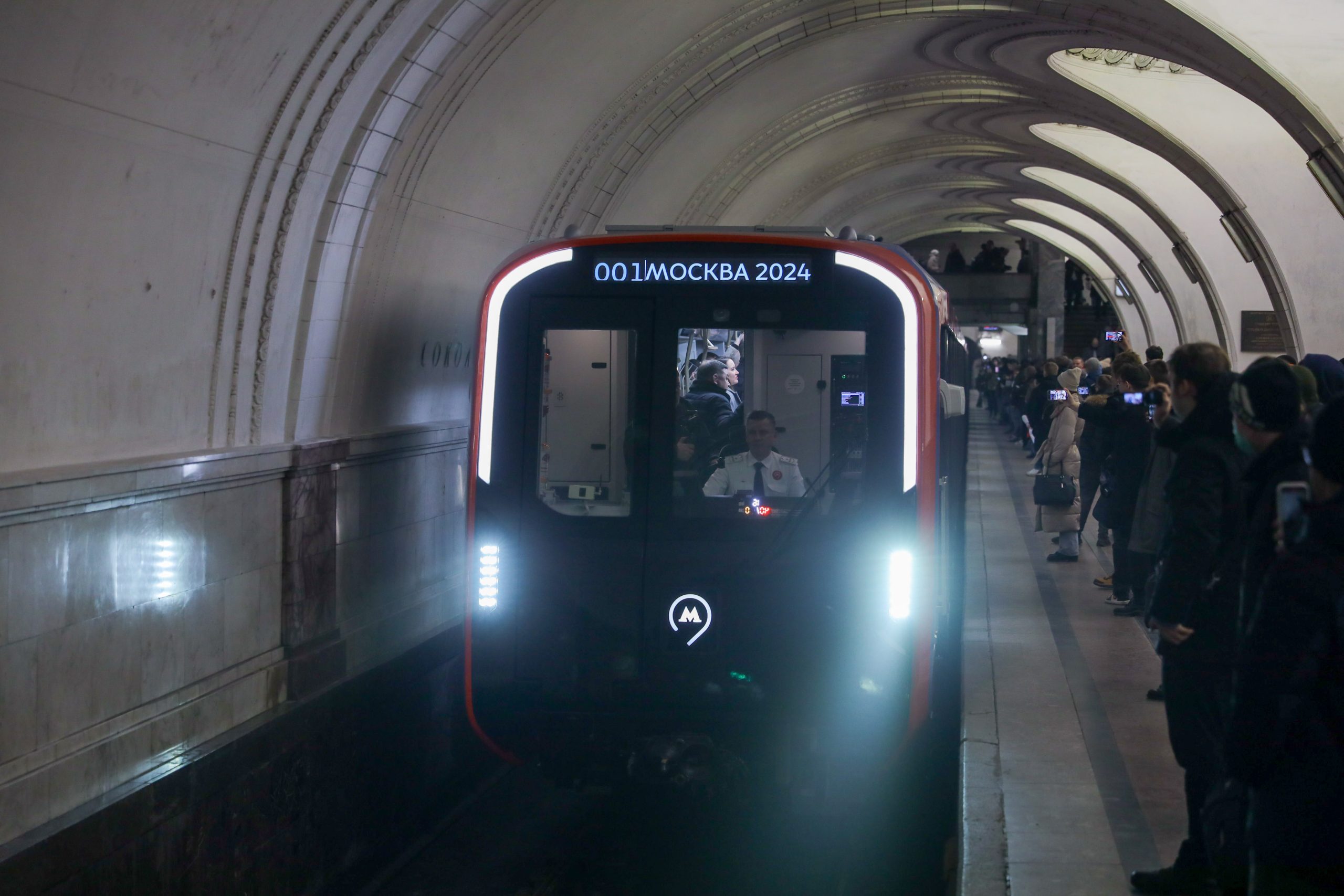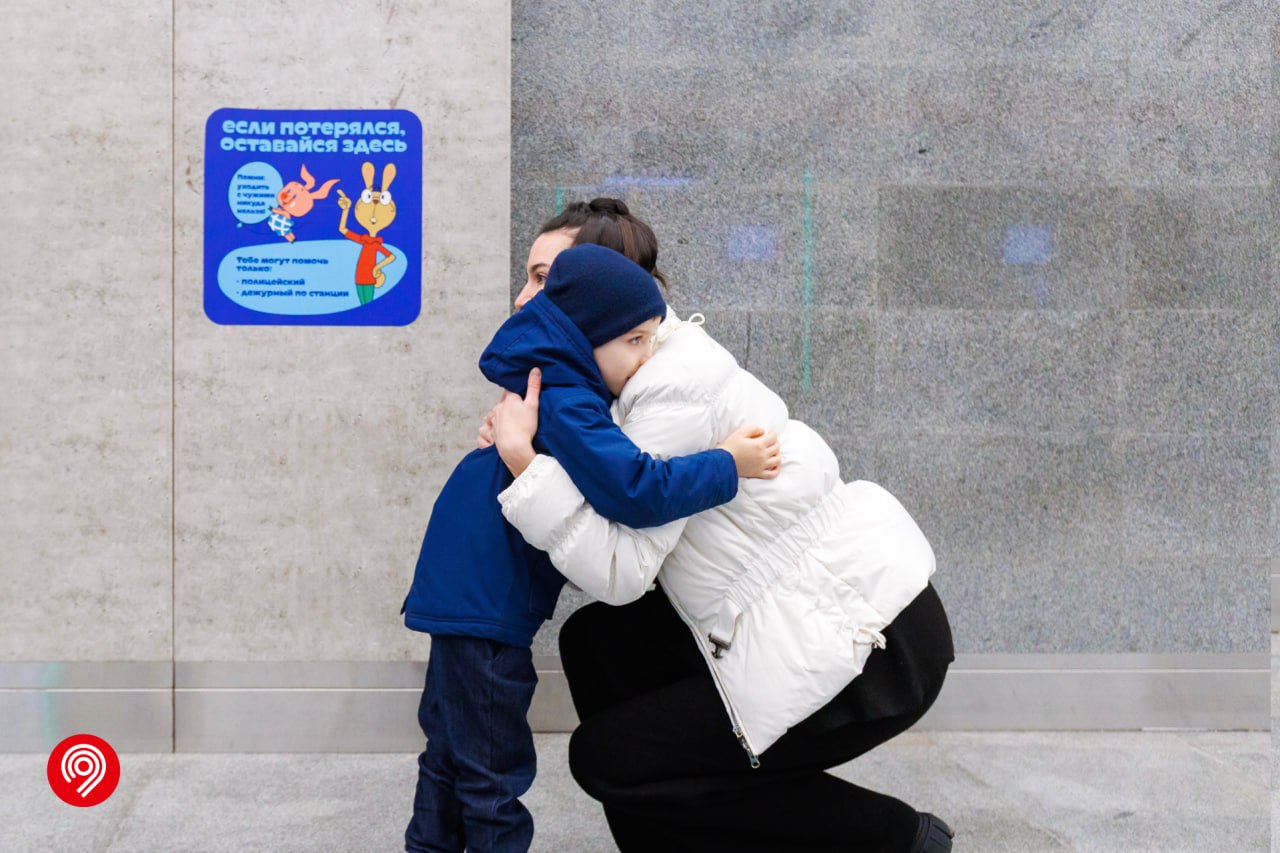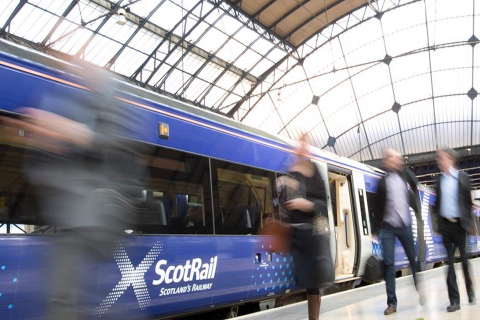Moscow Metro aids 18 percent more passengers with reduced mobility in 2024

The Moscow Metro has released data indicating its efforts to enhance inclusivity and accessibility across its infrastructure and services.
According to recent figures covering January to March 2024, the Passenger Mobility Center (PMC) assisted a total of 17,000 passengers, representing an 18 per cent increase from the previous year. Established in October 2013, the PMC’s primary objective is to aid passengers with reduced mobility, encompassing individuals with hearing or visual impairments, mobility limitations, senior citizens, large families, and parents with strollers. In the preceding year alone, PMC specialists escorted approximately 70,000 passengers, marking a 9 per cent increase from 2022.
The expansion of the metro network necessitates PMC employees’ assistance in navigating new routes, according to a Moscow Metro press release. Since its inception, the PMC has developed over 300 routes to destinations deemed culturally and socially significant, for passengers with limited mobility, and extended its support to the tram system across the city.

Guide dogs
The Moscow Metro also oversees the training of guide dogs, with 350 dogs trained under PMC employee supervision since 2014. During training, these dogs acquire essential skills such as navigating turnstiles, and escalators and retrieving dropped items. They are acclimated to the metro environment, becoming proficient in handling noise and crowds. The breeds deemed most suitable for metro guide dogs include Golden Retrievers, Labrador Retrievers, German Shepherds, and East European Shepherds.
The city’s ongoing efforts to create a more inclusive urban transit system include ongoing infrastructure adaptations to accommodate individuals with reduced mobility. The Passenger Mobility Center has been conducting guide dog training for over a decade, with plans to train an additional 50 animals this year, as stated by Deputy Mayor for Transport Maksim Liksutov.
Multi-modal transportation
In addition to the PMC and guide dogs, Moscow Transport offers various features for passengers with reduced mobility. These include equipping 99 per cent of buses, electric buses and trams with folding ramps, wheelchair mountings, driver call buttons, and wide platforms. Modern Ivolga trains on the MCD line also feature wheelchair mountings.
At least 10 per cent of parking spaces on Moscow streets are allocated for people with disabilities. Over 99 per cent of pedestrian traffic signals emit auditory signals at more than 3,800 intersections. The city’s social taxi service assists people with reduced mobility in reaching social, sports, and cultural facilities, airports, and train stations. Moscow residents can access car-sharing vehicles and taxis specially equipped for wheelchair users, adds the release.
“Lost? Stay Here!”

The Moscow Metro prioritises the safety of young travellers through its “Lost? Stay Here!” initiative, which has aided 33 families whose children became lost while using public transport, according to the Moscow Metro press release. Should a young passenger find themselves alone, they are instructed to stand by the “If You Are Lost, Stay Here” sticker, prompting prompt assistance from metro staff. This project is a collaboration with the Search for Missing Children Foundation, with stickers featuring cartoon characters to facilitate quick reunions between children and parents.
Further reading:




